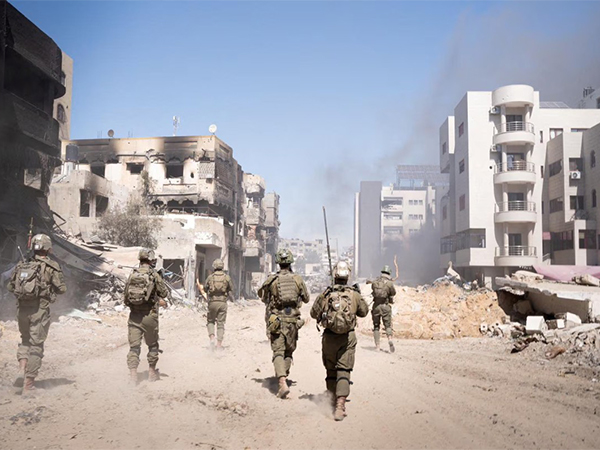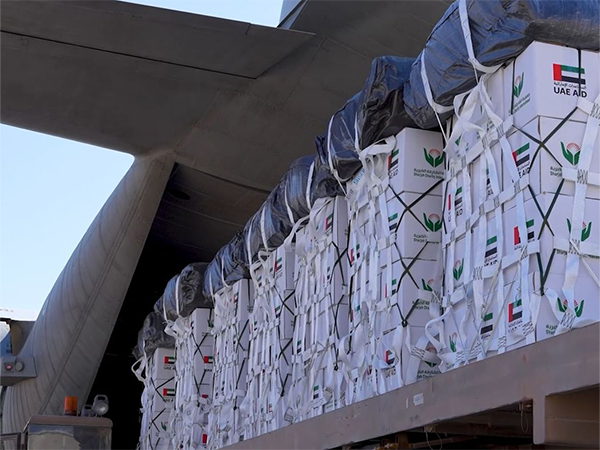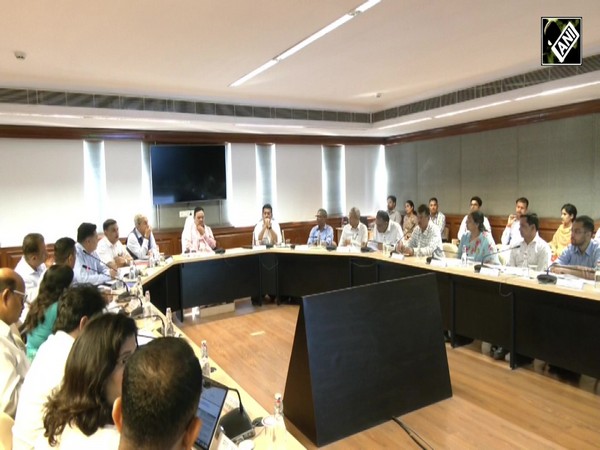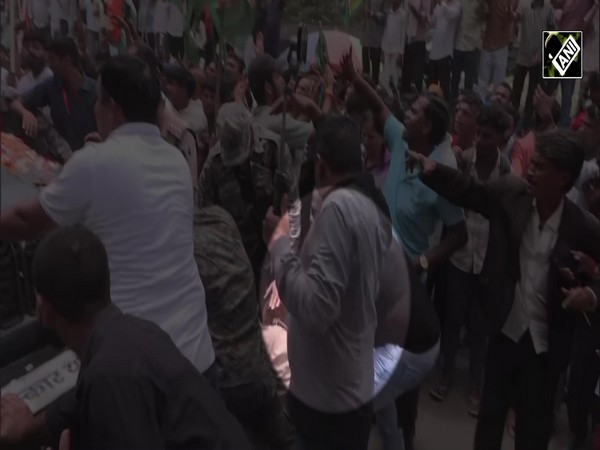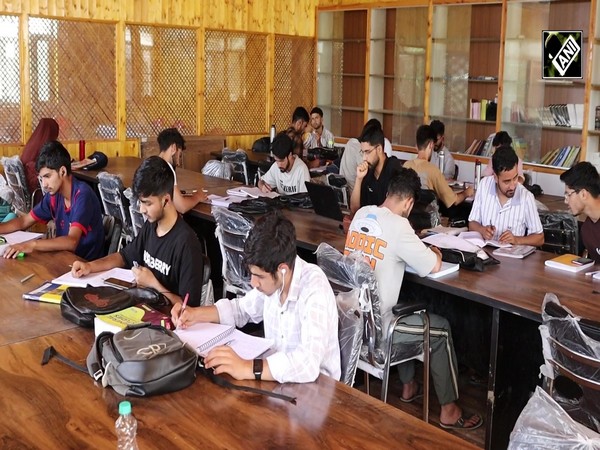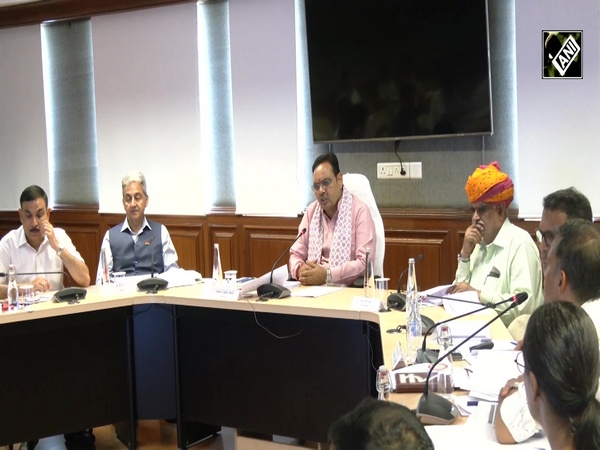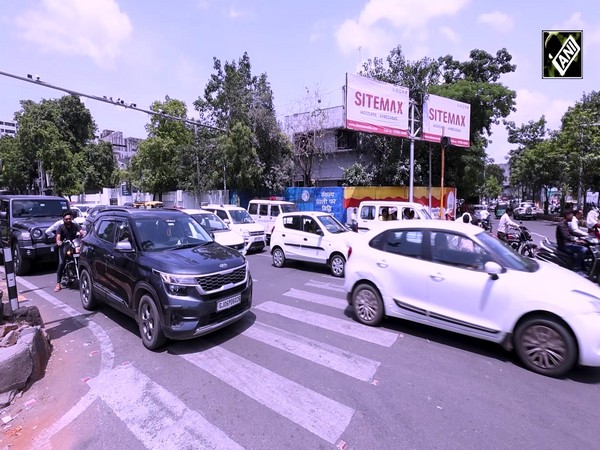Institutionalized jihad flows from Hamas to the Taliban causing concern to international community
Dec 24, 2021

Tel Aviv [Israel], December 24 [ANI): Institutionalized Jihad flowing from Hamas to the Taliban has caused concern to the international community.
There has been a rapid development of terrorist groups trying to validate their capture of territory and gain recognition as a "government". The Taliban and Afghanistan are just the latest examples, according to the Times of Israel.
Further, Colin P. Clark, writing in the December issue of Foreign Affairs called "When Terrorists Govern", paints a chilling scenario of the institutionalisation of terror, with the Taliban takeover of Afghanistan and its continued insistence to gain recognition as the sovereign successor.
Many Islamic terrorist groups, from Mali to Somalia, are trying to get institutional recognition and that the Taliban has inspired other groups to follow their path, according to Colin P Clark writing for the Foreign Affairs.
Further, Clark underlines how the Taliban's victory isn't casual but twenty years of infiltration of ministries, and deep entrenchment into Afghan society and gives the example of Haqqani's rise in Afghanistan.
Earlier, in 1975, based in the tribal areas in Pakistan, the Haqqani launched their first attack in Afghanistan.
After the Soviet Union invaded Afghanistan in 1979, Pakistan activated all the mujahideen groups, including the Haqqani to fight the Soviets.
The Haqqani were considered the favorite, getting the largest share of arms and funds. What caught the attention of the CIA and ISI was Jalaluddin Haqqani's fundraising skills, tribal connections, and fluency in Arabic, according to Times of Israel.
By mid-2005, Sirajuddin Haqqani had taken over from his father Jalaluddin and was spearheading Haqqani operations in Loya Pakhtia. And in 2007, the Haqqani officially became a part of the Taliban.
While the Haqqani had been a part of the Taliban since 2007, it was never clear if the former fully accepted the top Taliban leadership as the boss. The Haqqani acted on many occasions on their own, attacking US and North Atlantic Treaty Organization Treaty (NATO) troops in Afghanistan, according to Times of Israel.
Meanwhile, while fighting the US in Afghanistan, Jalaluddin lived a protected life in North Waziristan, where Pakistan gave him and the entire Network safe haven.
Earlier, Haqqani has been an United Nations designated global terrorist since 2007, and the Federal Bureau of Investigation has a reward of USD 10 million for information leading to his arrest.
Sirajuddin Haqqani, is currently Minister of Interior and one of the two deputies to the Taliban's supreme leader, Maulvi Haibatullah Akhundzada.
Meanwhile, after the formation of the new government in Kabul, there ensued a power struggle between the Haqqani and the Taliban, which was eventually settled by ISI chief Lieutenant General Faiz Hameed flying in from Islamabad, according to Times of Israel
Further, the connection in between the Haqqani's and the Pakistani state, will allow institutionalisation of other terrorist groups-Al Qaeda in Yemen, Al Shabab in Somalia, Sahel-based Jamaat Nusrat al-Islam wal-Muslimin (JNIM), Hayat Tahrir al-Sham in North Western Syria.


